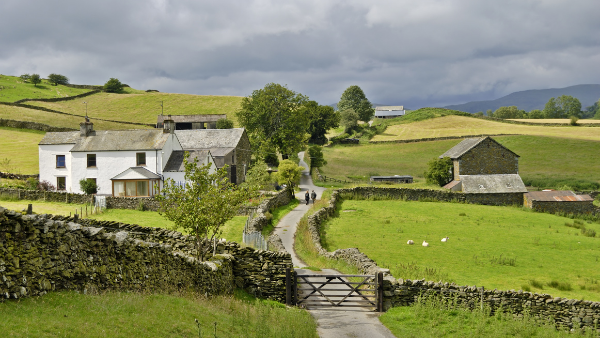Author
A recent proprietary estoppel case in Northern Ireland has shown that even when promises have been made, they don’t necessarily have to be kept.
The key elements of an estoppel claim are that an assurance is made to the claimant which is relied on by them to their detriment, and it would be unconscionable for the promisor to fail to uphold their end of the bargain.
Graham v Graham
In the case of Graham v Graham & Another [2020], the Court found that a father, a retired 90-year-old farmer, who was alive at the time of the claim, had made repeated express and implied assurances to his son that he would inherit the entirety of the £3 million family farm. However, this promise was conditional on the son running the farm in a competent, business-like manner to pass on to the next generation.
The son had honoured the condition for 21 years, but had in later years breached it, both by ceasing to actively farm the land, and by accruing substantial debts, as a result of his increasingly luxurious lifestyle, with which he dealt recklessly – getting father in trouble with the bank as a result.
The son’s misconduct had a double impact on his case:
- It constituted a breach of the conditional promise father had made to him. This meant that this was not a case in which the only fair outcome was that the expectation was satisfied.
- It was factored into the remedy that the Judge decided to award (along with other factors including the claims of the other potential beneficiaries – there were 8 children).
Judgment
The Court found that an estoppel had arisen and it was unconscionable for the father to renege on his promise and change his will, as that would not compensate his son for his detriment.
However, the behaviour and actions of the son in breach of the condition were serious enough to mean that he was no longer entitled to the entirety of what he had been promised. The Court decided that the equity was adequately satisfied by the son being given the farmhouse, outbuildings and approximately 48 acres, at a value of approx. £500,000. He had no further entitlement to claim on the estate – now or after the father died.
The case serves to highlight the flexibility of the Court’s discretion in equitable cases, which, depending on who the claimant is (and, perhaps, how he or she has behaved) may or may not be a good thing.
One thing is for certain: proprietary estoppel cases are fundamentally uncertain.


